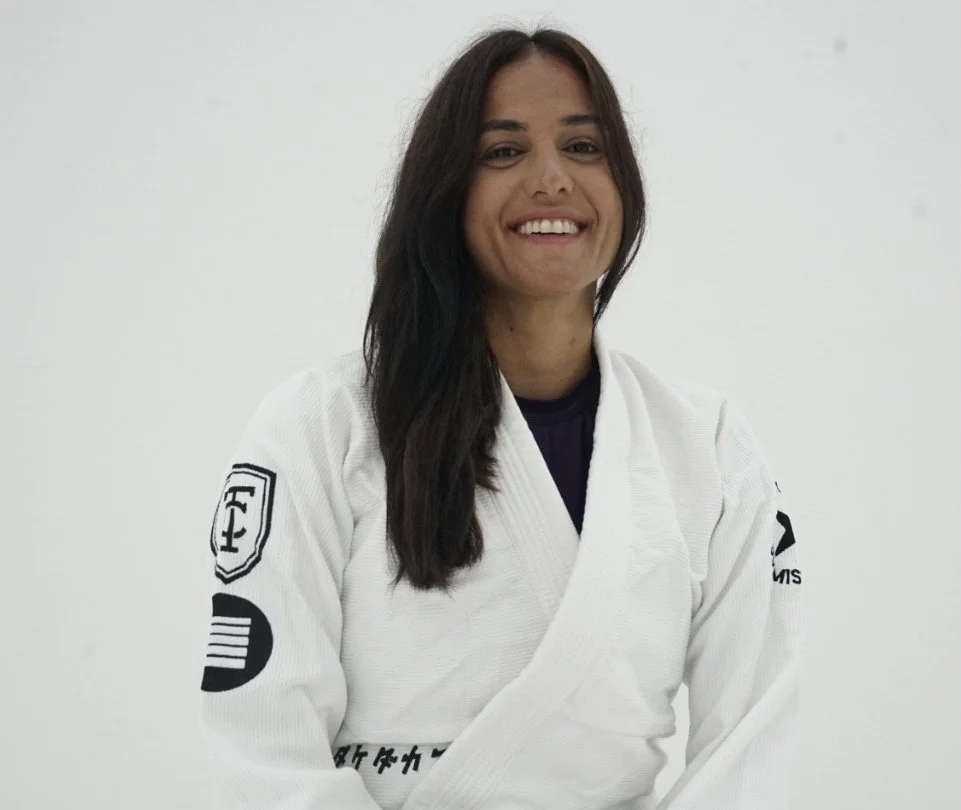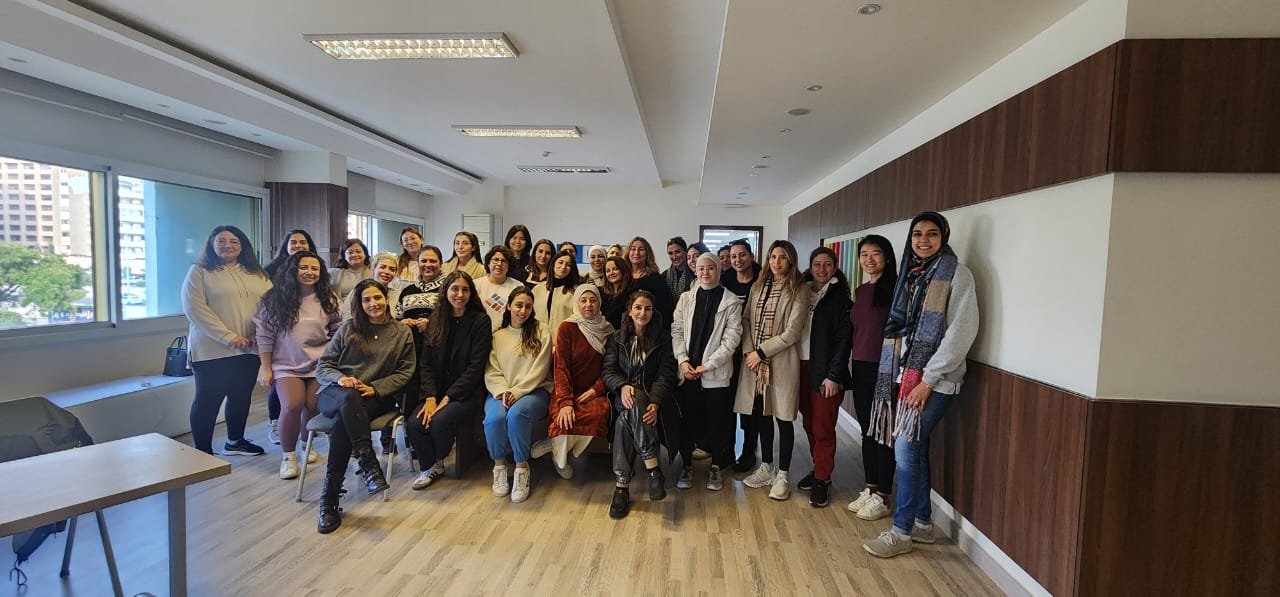Building resilience, using Jiu-Jitsu to Make a Difference
Teaching self-defense workshops, programs, and customized sessions inspired by Jiu-Jitsu to underprivileged communities of women and children is a deeply fulfilling mission. As a Brazilian Jiu-Jitsu black belt, I firmly believe that martial arts are not just about physical skills—they are a transformative tool for building confidence, self-control, and resilience. For women and children in marginalized communities, these programs provide an opportunity to reclaim their sense of security and autonomy. By focusing on real-life scenarios, students learn how to stay calm under pressure and react effectively to potential dangers. Through this training, they not only gain practical skills to protect themselves but also develop mental strength, discipline, and self-belief, empowering them to face life’s challenges with courage and confidence.
UNDP project: “combating violence against women in public spaces”
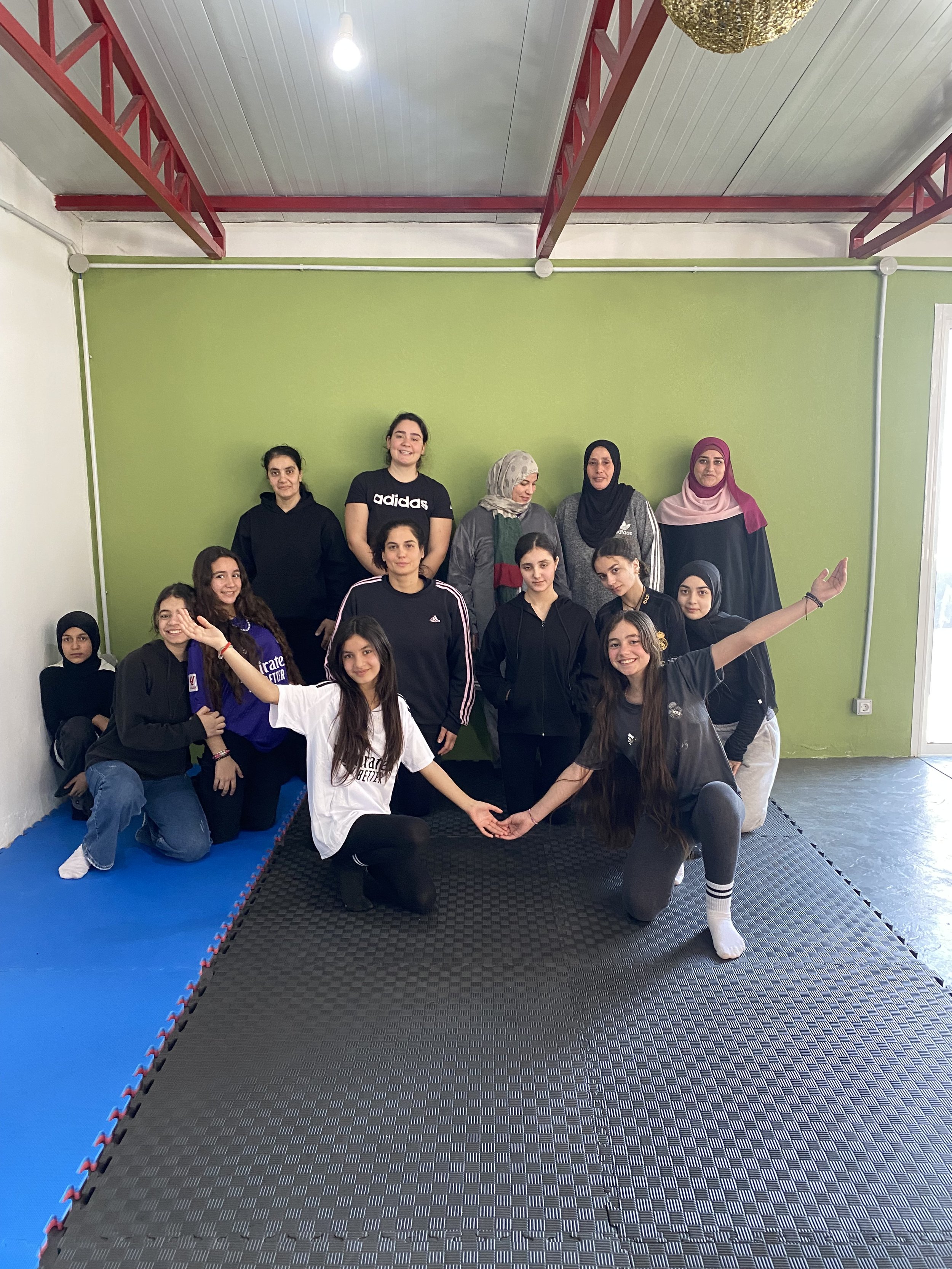

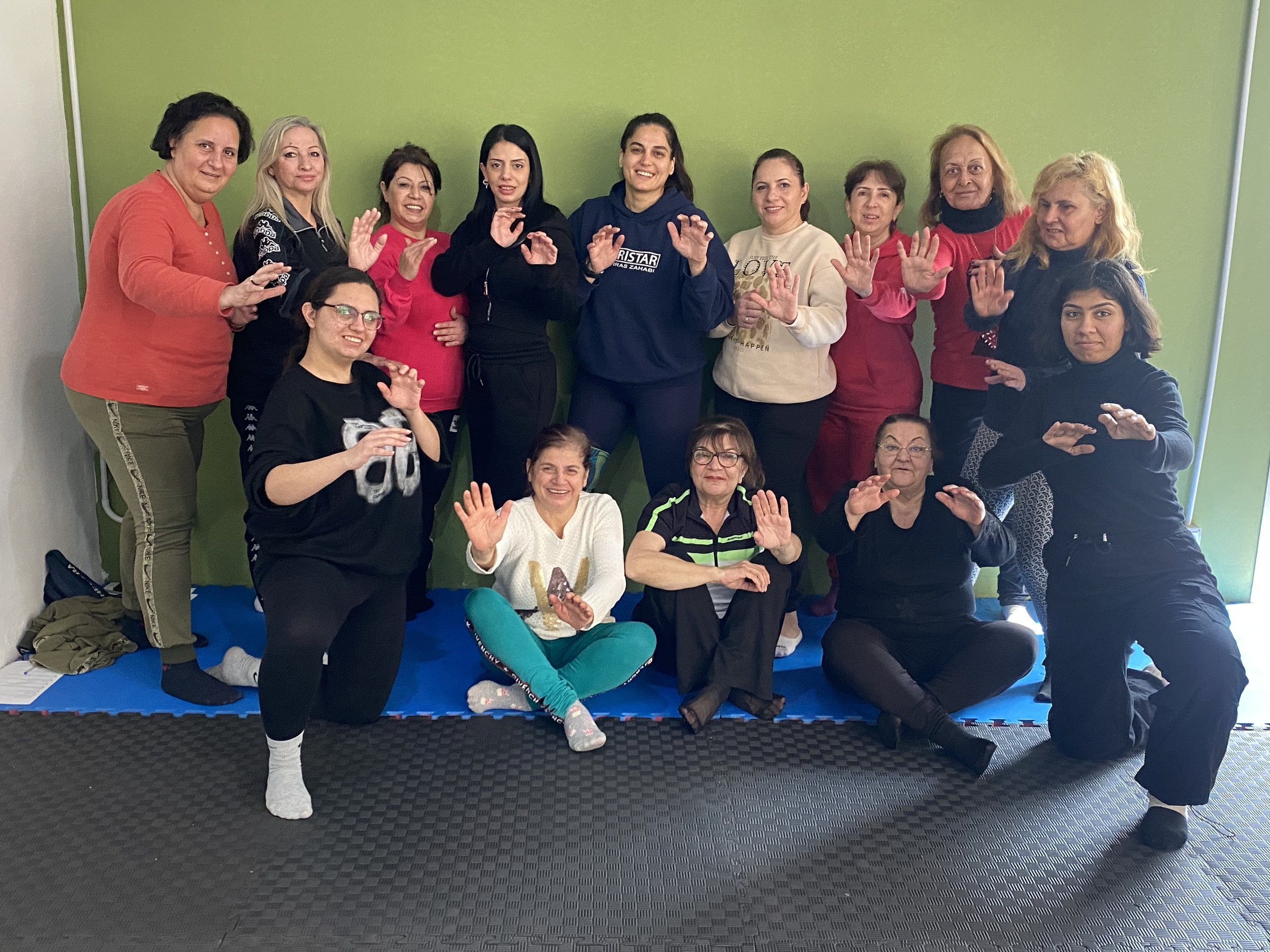
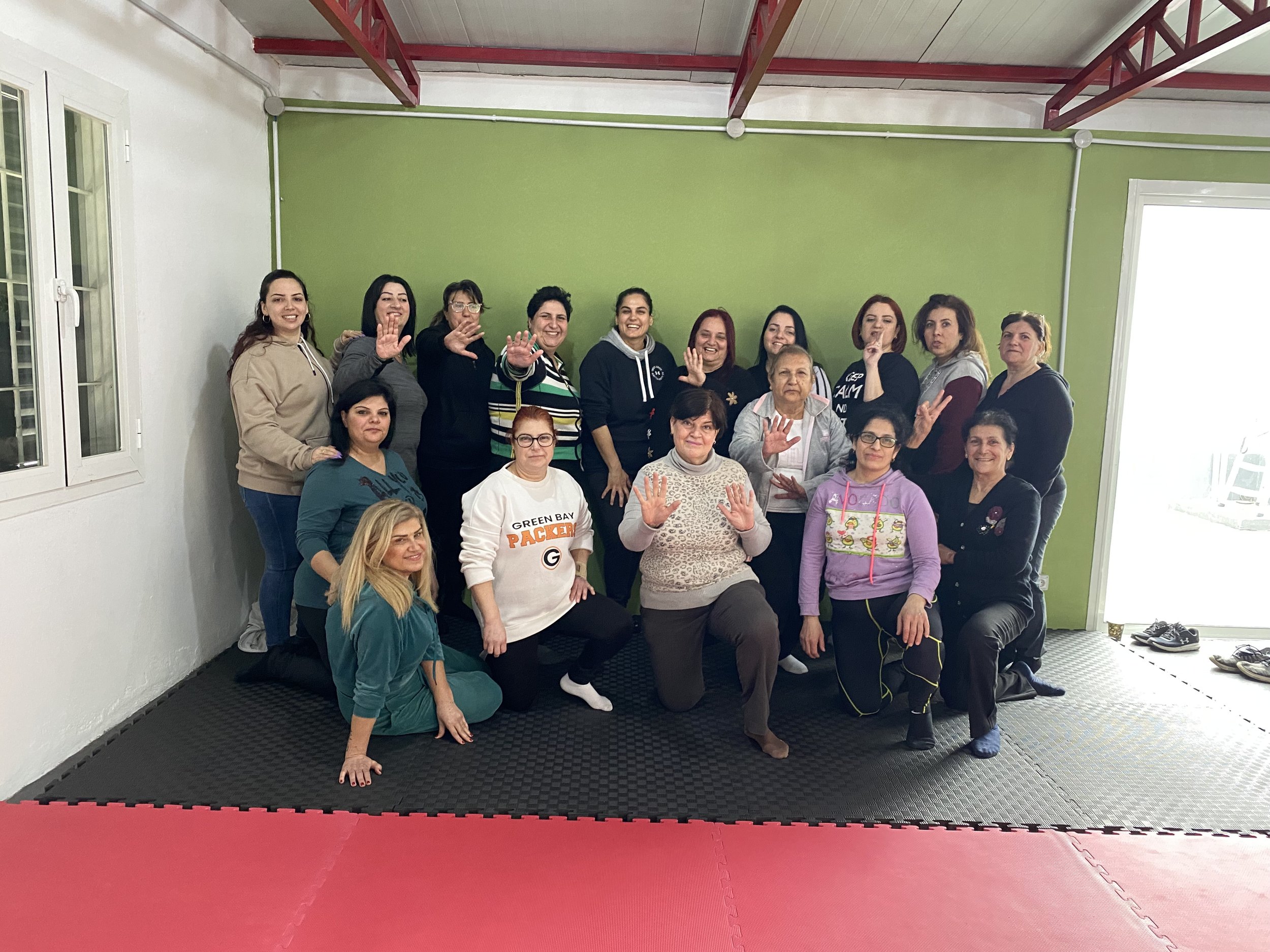
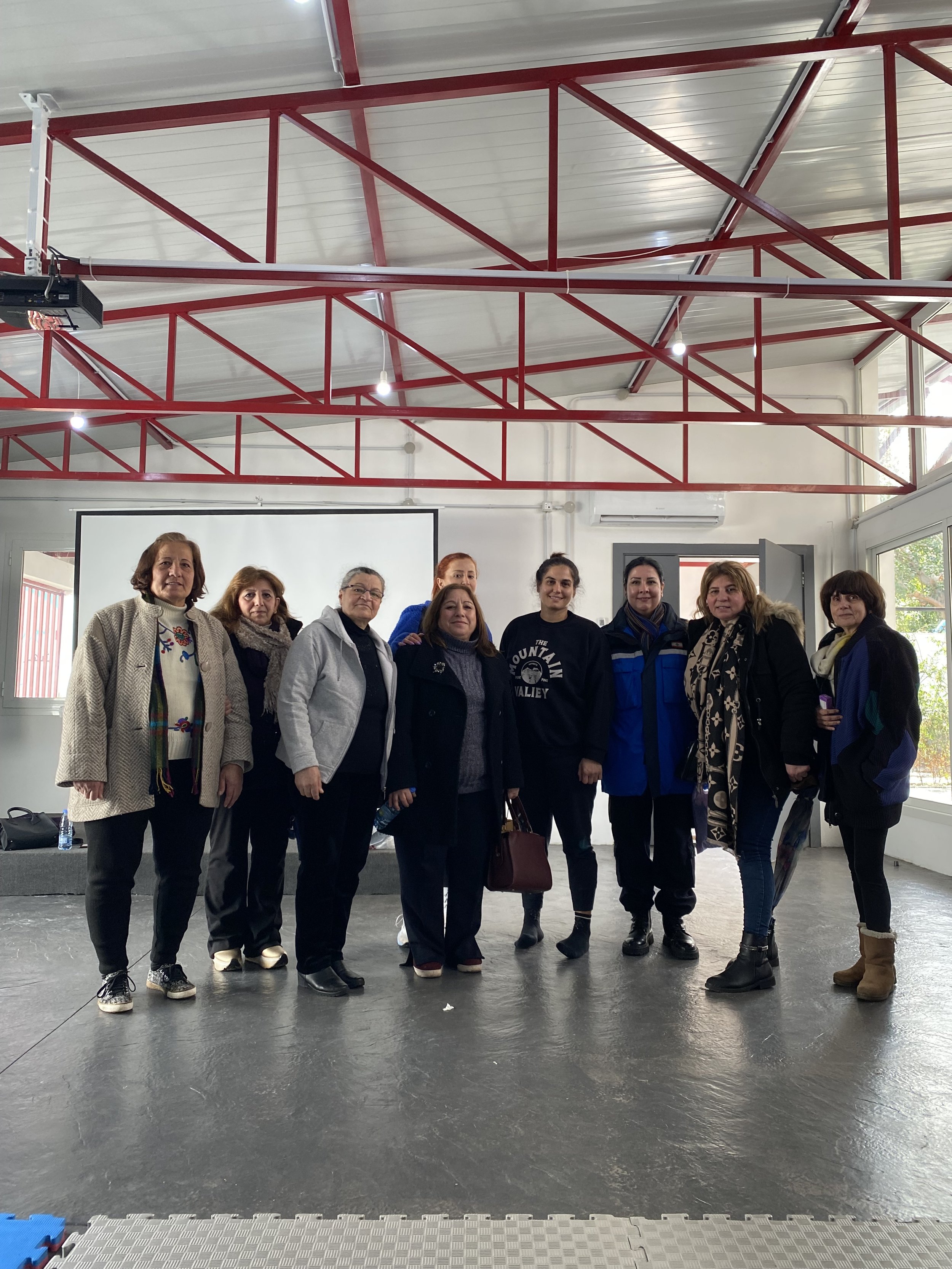
Women’s and marginalized people’s safety and access to public spaces is a fundamental right. UNDP is supporting a group of 150 participants in self-defense workshops focusing on fostering a relational approach to women's bodies and public space. By nurturing a woman's understanding of her body's instinctive responses to danger and her relationship with the spaces she navigates, she will be better equipped to maintain her safety in public spaces. This workshop is designed to provide practical tools and emphasizes awareness, risk assessment, and understanding the body's natural response to danger, women will gain valuable knowledge about:
Basic and essential self defense techniques
Strategies to maintain personal safety
Building confidence and assertiveness
Identifying potential risks
Recognizing their body's instinctive reactions to threat
Protecting themselves and setting boundaries
Handling difficult situations with strength and composure
Practical Self-Defense Skills
Learning the right movements at the right times
Acting decisively and assertively
The intention is not to shift the onus of ensuring safety onto women themselves, for it remains a fundamental right to be guaranteed by the state and society, but to offer them the necessary tools to confront challenges they will face. They cultivate skills in assessing and mitigating risks while learning to trust their instincts in uncomfortable or threatening situations. Through a combination of theoretical discussions, practical exercises, and group reflections, participants are encouraged to explore their relationship with public space and cultivate a heightened sense of body awareness. Consequently, participants are expected to experience increased confidence, preparedness, and trusting in their instincts, ultimately contributing to an enhanced overall sense of safety in public spaces. The results of this project will also contribute to the ongoing discourse on women's safety and inform the development of more comprehensive and effective interventions.
The Women's Security Awareness Training (WSAT)
WSAT focuses on personal security awareness, safer accommodation, safer travel, and responding to sexual harassment and violence against women. The training aims to create a safe space, raise awareness of security risks affecting female personnel and dependents in various UNSMS organizations, and provide practical tools to mitigate these risks, enabling women to work confidently while advancing gender equality and women's empowerment globally.
The course covers the application of practical safety and security measures, as well as understanding the different avenues of support available in case of an incident. It was a privilege to attend, support, and assist in this training, which, for the first time, incorporated a physical and technical component, teaching participants how to escape an attack with minimal harm while maintaining both physical and emotional resilience.
Building strength, confidence, and community through Jiu-Jitsu
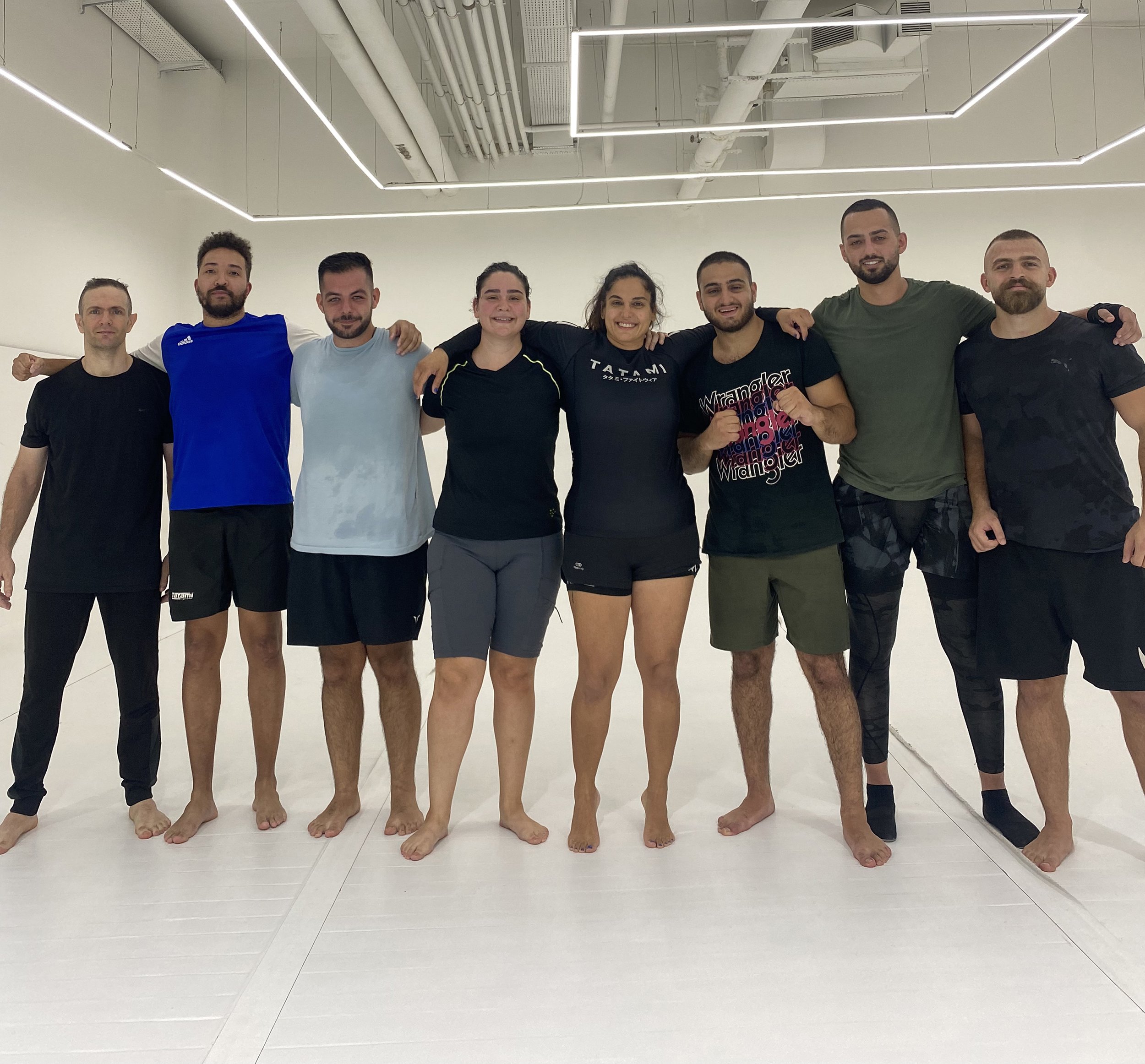
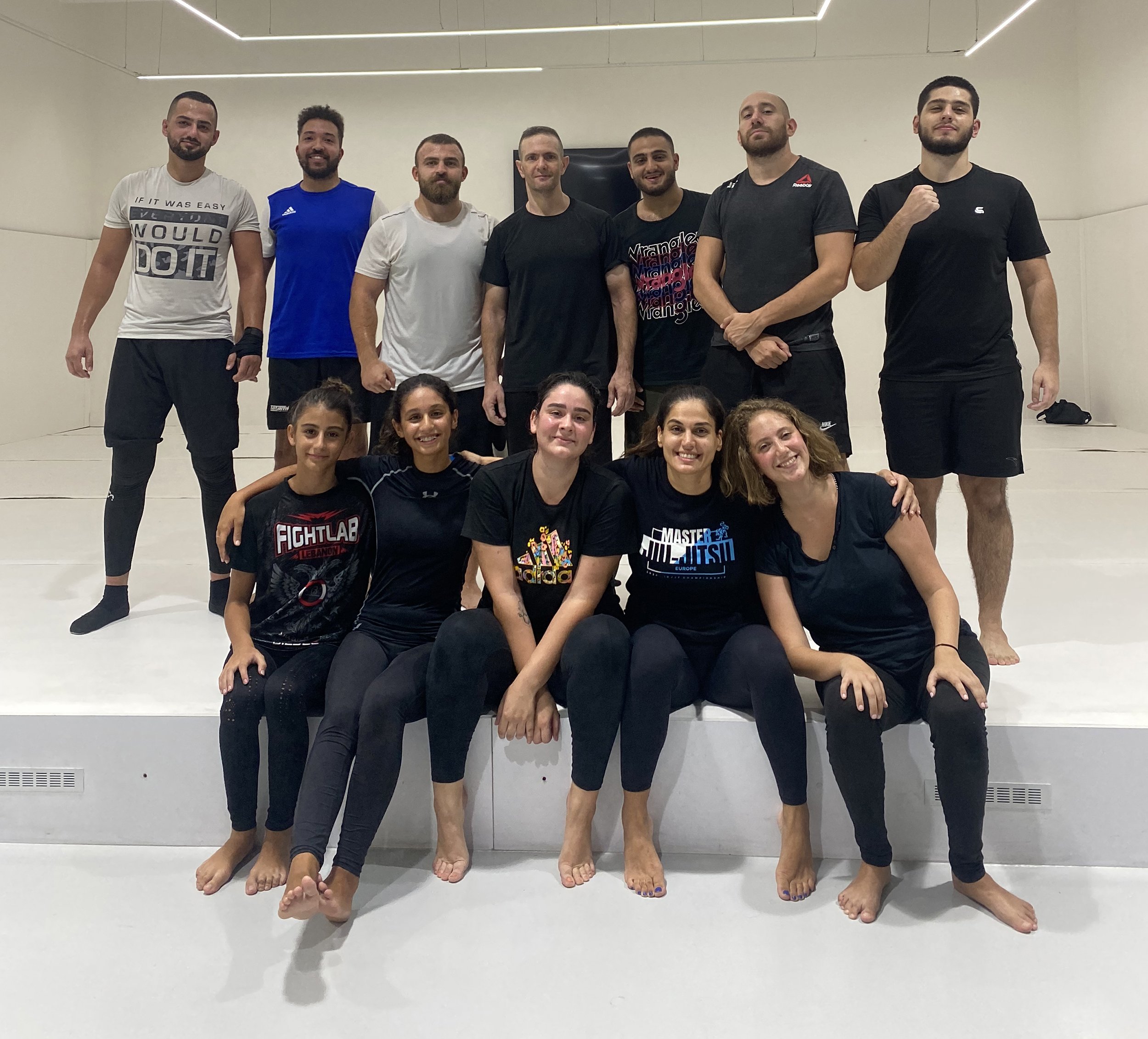
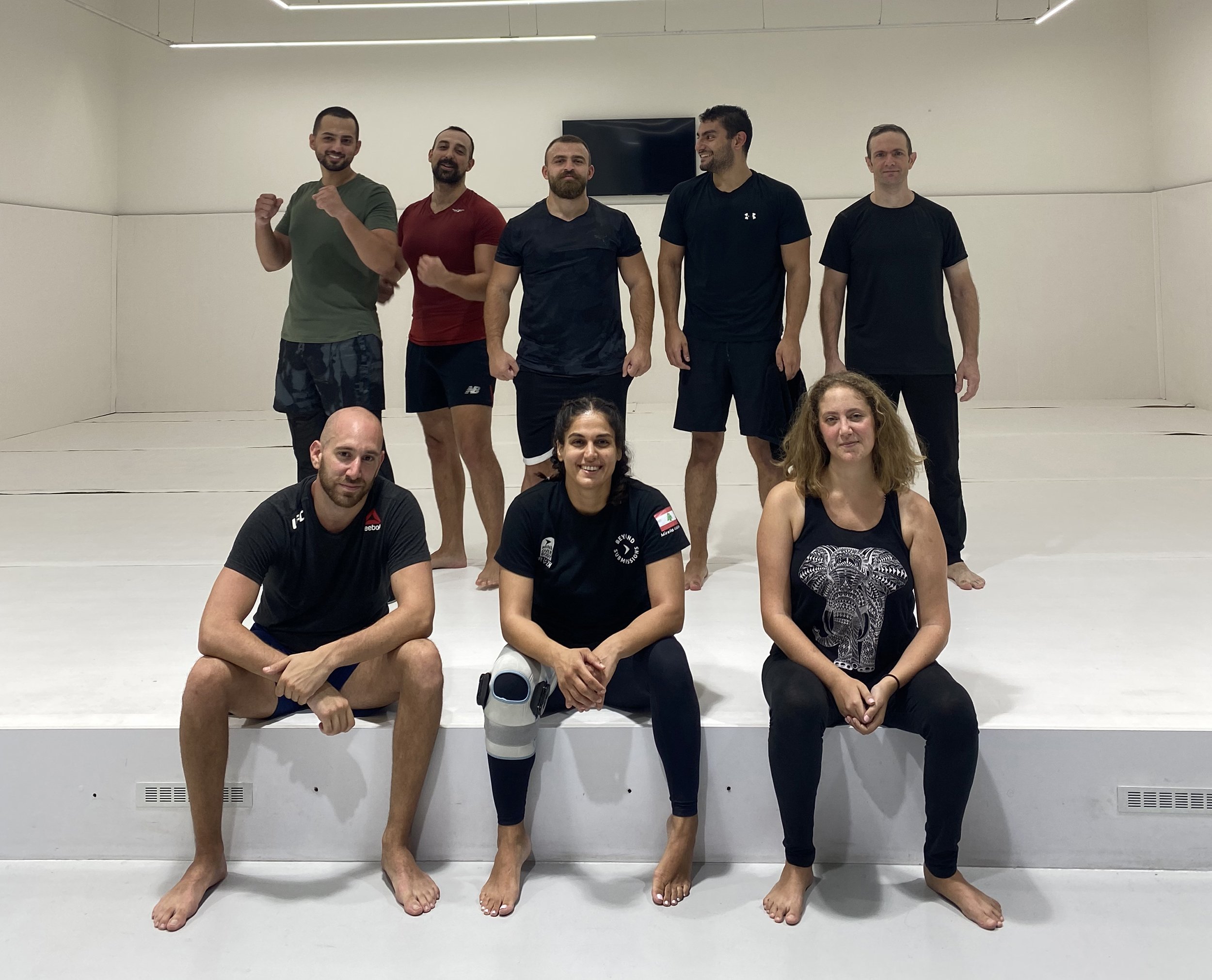
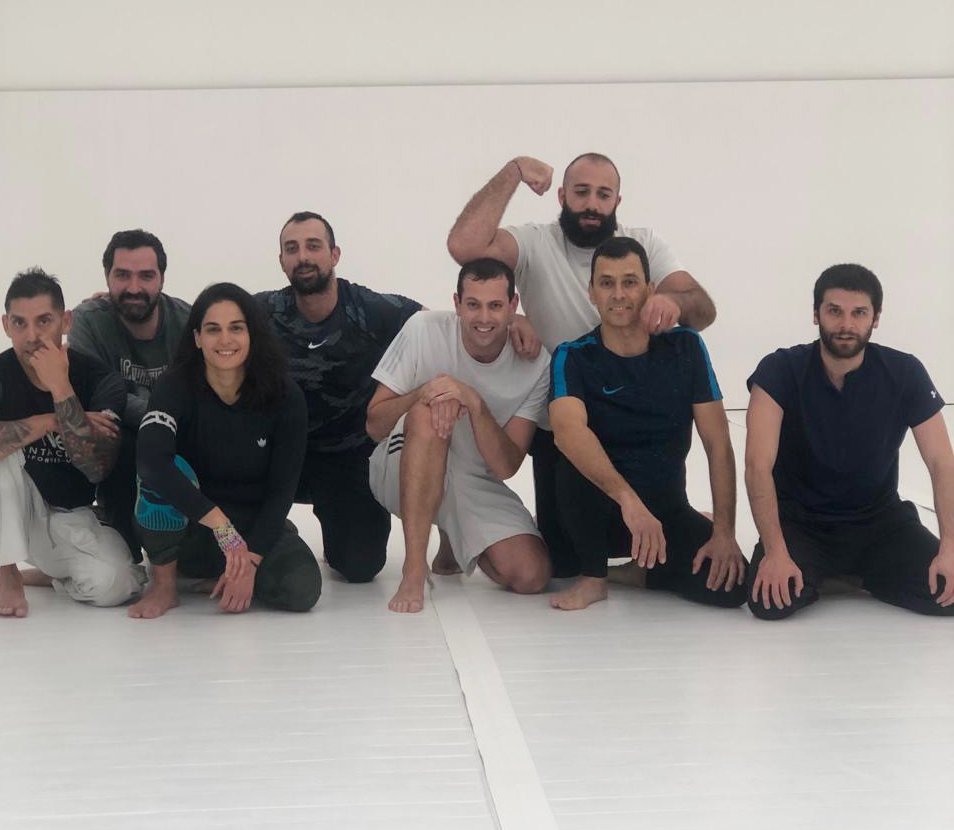

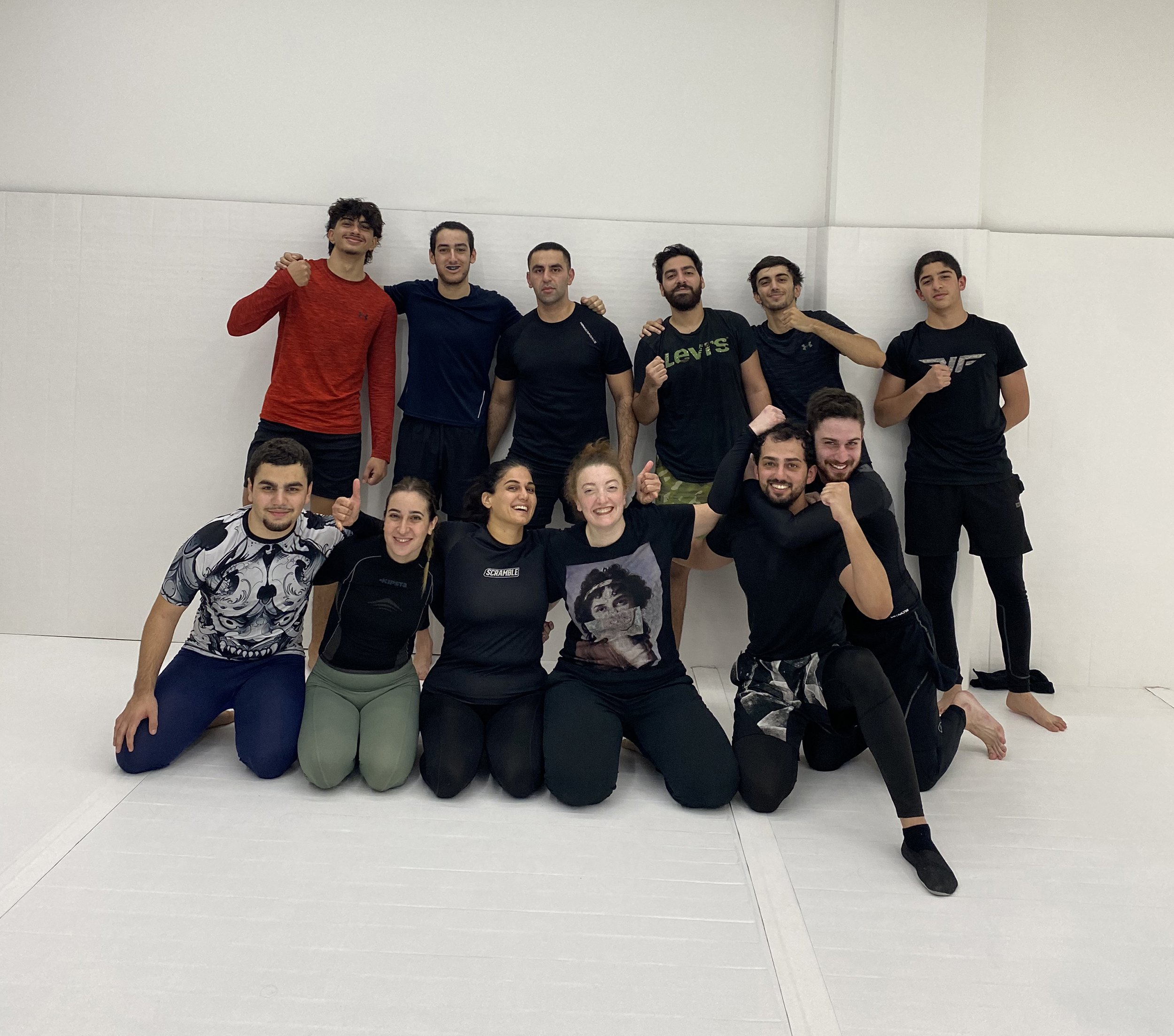
Teaching Jiu-Jitsu at the gym is more than just coaching—it’s about sharing a passion for this transformative martial art. Every class brings together a diverse group of people—different ages, backgrounds, and skill levels—all united by a shared enthusiasm for Jiu-Jitsu. This diversity creates an environment where everyone can learn from one another, building mutual respect, trust, and friendship on the mats.
What makes teaching Jiu-Jitsu so motivating is witnessing personal growth in every student. From their first basic techniques to mastering complex ones, each milestone is a celebration of perseverance and passion. The energy, dedication, and drive that students bring to the mat fuel my own passion and push me to give my best every day.
Jiu-Jitsu is more than just a sport—it’s a way of life that instills discipline, builds confidence, and fosters a supportive community. Being able to share this journey with others and watch them grow stronger both physically and mentally is an incredibly rewarding experience. It’s a reminder of how powerful this art is in shaping not only skilled practitioners but resilient individuals.
NGOs I collaborated with
